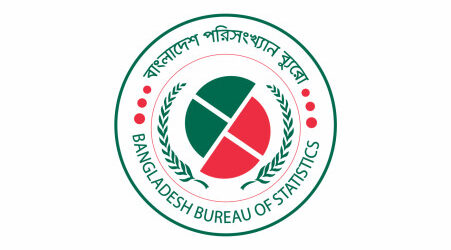
FRANKFURT : The European Central Bank is set to raise its interest rates for the first time in over a decade on Thursday as fears of a gas supply cut cloud the outlook for the eurozone economy.
In the face of soaring inflation, the central bank’s policymakers are committed to raising interest rates by at least a quarter point from their current historic lows.
Consumer prices rose at an 8.6-percent annual pace in June, a record for the eurozone and well above the ECB’s two-percent target.
The broken supply chains and the rising cost of energy following Russia’s invasion of Ukraine that have driven the price surge are also weighing on economic activity in Europe. The continent’s dependence on Russian energy imports has eurozone members bracing for a difficult winter and planning to ration supplies if Moscow halts gas deliveries.
The European Commission on Wednesday put forward a plan to cut gas use by 15 percent to mitigate the worst potential impacts on the economy.
But with inflation showing no signs of slowing, the ECB lagging behind its peers in Britain and the United States, and the euro looking weak against the dollar, the pressure is on the ECB to think about bigger hikes.
Central banks would normally hesitate before raising rates with the economy in such a delicate position “but inflationary pressures have increased to a point where the ECB has to act whatever it breaks”, said Frederik Ducrozet, head of macroeconomic research at Pictet Wealth Management.
Finding a way to balance growth and inflation risks looked like “an impossible equation to solve” for the ECB, he said.
The central bank’s deposit rate has been negative for the past eight years, with the key rate currently at minus 0.5 percent.
The punitive interest rate, which effectively charges banks to park their money with the ECB overnight, was designed to encourage more lending, more economic activity and higher inflation rates.
ECB President Christine Lagarde has said the aim is to lift interest rates out of negative territory by the end of September as part of a “gradual but sustained” series of hikes.
Meanwhile, the US Federal Reserve and the Bank of England have already raced ahead of the ECB, beginning their hiking cycles sooner and cranking rates up more aggressively.
It would be difficult to explain why the ECB would “spend the summer with negative interest rates while inflation in the eurozone is climbing further”, said Franck Dixmier, head of fixed income at Allianz Global Investors.




